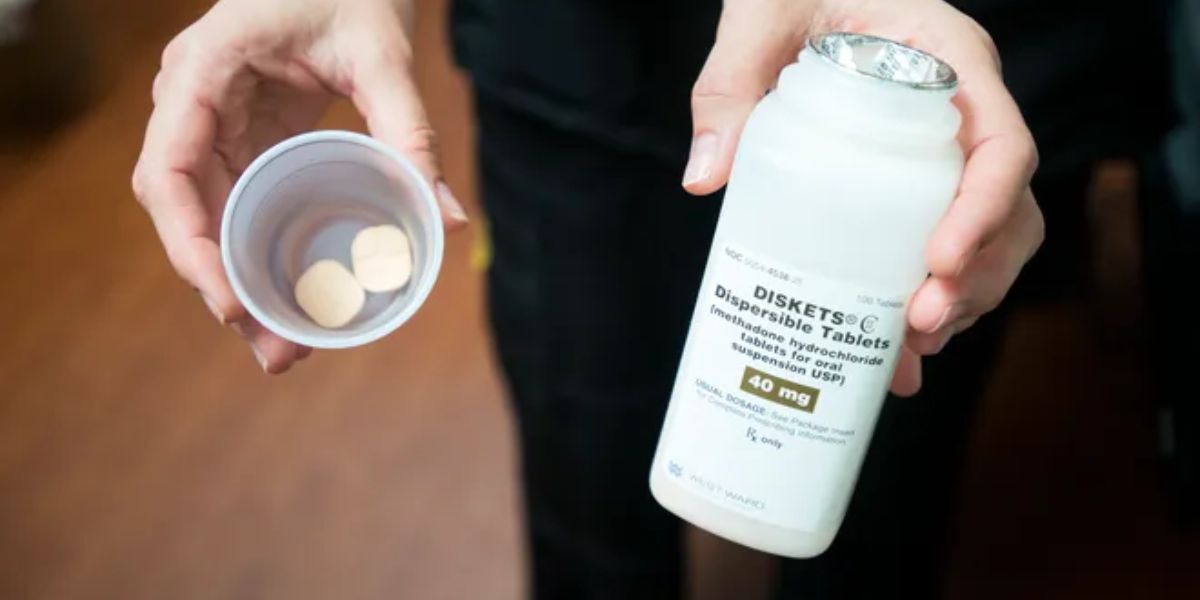Due to its potential to significantly impact the state’s opioid treatment programs, a new bill that was introduced in the West Virginia Senate last week is receiving a lot of attention. Senator Eric Tarr is the sponsor of Senate Bill 204, which seeks to outlaw opioid treatment programs.
If the measure is approved, it will target programs that provide opioid therapy by administering or dispensing opioid agonists or partial agonists, like methadone, on-site.
Nowadays, people with substance use problems are treated using opioid treatment programs (OTPs).
These programs assist patients manage their addiction and prevent withdrawal symptoms by giving them drugs, usually buprenorphine (suboxone) or methadone. As part of their treatment plan, patients at methadone clinics, like the one on Oak Mound Road in Clarksburg, West Virginia, get daily or weekly dosages of medication.
One of the most often prescribed medications for treating opioid addiction is methadone, a complete opioid agonist. Methadone lessens the desire to abuse illegal opioids and helps avoid withdrawal symptoms by stabilizing the patient’s state.
However, under Senate Bill 204, programs that administer partial opioid agonist drugs, such as suboxone, which is frequently used in outpatient settings to help manage opioid use disorder, would not be considered “opioid treatment programs.”
Many current treatment facilities are at risk of shutdown or disruption as a result of the bill’s specific targeting of programs or practitioners who dispense or administer opioid treatment drugs on-site.
The bill’s suggested transition period is among its most worrisome features.
An “administrative timeframe” of 120 days is proposed in Tarr’s measure to assist individuals in leaving opioid treatment programs. However, during this time, individuals would not be permitted to continue receiving therapy services or medicines.
Thousands of people who depend on methadone or comparable drugs would suddenly lose access to their therapy if the law is approved. Many may experience withdrawal symptoms, relapse, or even overdose in the absence of appropriate medical monitoring or alternative therapy.
Food Safety Crisis: Bird Road French Bakery Faces Re-Inspection Due to Roach and Violation Issues
Patients’ safety and health could be seriously impacted, especially those who have been receiving long-term opioid replacement treatment.
The West Virginia Senate’s Substance Use Disorder and Mental Health Committee is presently reviewing the bill. It would represent a significant change in the state’s strategy for treating opioid addiction if it were passed.
The bill’s supporters contend that it is an essential step in combating the opioid crisis, but detractors fear it could reverse gains made in providing safe, regulated environments for addiction treatment.
New Jersey Shocks 500K People by Removing Them From Healthcare Plan
Medical experts and advocacy organizations have expressed concern about the bill’s possible repercussions, highlighting the dire consequences that could result from interfering with treatment for those suffering from opioid use disorder.
Since the bill strikes a balance between public health issues and the more general objective of addressing substance use and addiction in the state, its passage would probably be a crucial issue for both lawmakers and the general public.
As the committee continues to examine the bill for possible revisions or changes, its future is still up in the air.








Leave a Reply